Diabetes Device Choices
Overview
Sensor & Smart Pump
Omnipod 5 Smart System
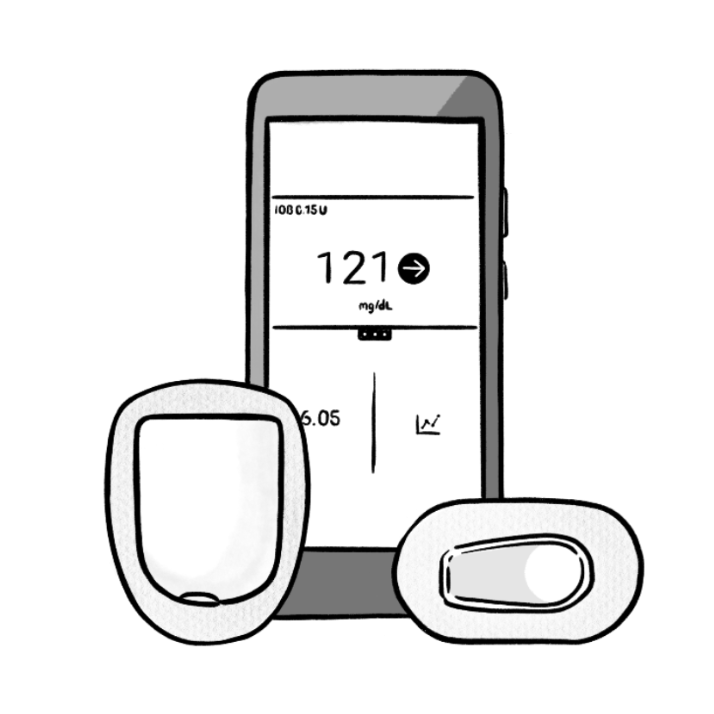
The Omnipod 5 closed-loop system adjusts your basal insulin levels up and down based on predicted glucose levels.
- Omnipod + Dexcom Sensor
Sensor & Injections
Freestyle Libre 3 & Pen
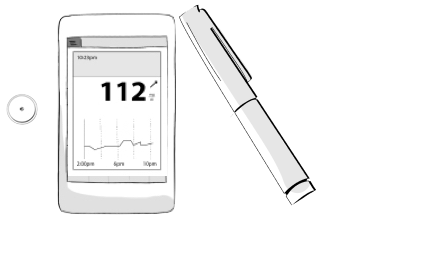
If you don't like having stuff on your body but want glucose data at a glance, the Libre 3 is the smallest sensor option. Some pens have the ability to track insulin doses on a smart phone.
*Libre 3 is the most current model, now with alerts. Libre 1 and 2 may still be available to you. Ask your provider.
Priority: Overall
Next Steps

You're going to do great on the devices you choose
Talk to your provider to get a prescription. Advocate for yourself with a list of reasons why you believe it is best for your lifestyle.
Talk to the device companies about the device you want and if your insurance will cover it. They can help with this.
Many insurance companies require documentation of different qualifications before approving diabetes device coverage. every insurance company is different but some common qualifications include checking your blood sugar 4-6 times per day or having frequent low blood sugars. Understanding what qualifications are necessary for device coverage before starting the approval process can make things a lot easier.
Visit https://diabeteswise.org/resources/getting-treatment/qualify-for-insurance/ for more resources.
Questions for your Doctor
Omnipod 5 Smart System
How does a smart system work?
Automated insulin delivery systems usually have three parts: a continuous glucose monitor (CGM), an insulin pump, and an algorithm, which is the brain. It makes many dosing decisions for you with less button pushing. The system senses your blood sugar level and adjusts insulin delivery automatically.
Can I try this before I commit to it?
A lot of provider offices have sample devices you can touch and feel to get a sense of how they work. Some offices even have a trial device you can use for week to see how it works for you.
Where can I find information about financial assistance for Omnipod 5?
The Omnipod Financial Assistance Program was created to help cover your Omnipod costs during financial challenges. More information is available on: https://www.omnipod.com/is-omnipod-right-for-me/coverage/financial-assistance. As a general reference: • The majority of Omnipod 5 customers pay $50 or less per month • Over 70% of Omnipod 5 customers pay $50 or less per month • More than a third of Omnipod 5 Customers pay $0 per month • More than half of Omnipod 5 customers pay $1 or less per day • Over 38% of Omnipod 5 customers pay $1 or less per Pod • More than a third of Omnipod 5 customers pay $1 or less per PodFreestyle Libre 3 & Pen
Can I try this before I commit to it?
A lot of provider offices have sample devices you can touch and feel to get a sense of how they work. Some offices even have a trial device you can use for week to see how it works for you.
Questions for your insurance
Many insurance companies require documentation of different qualifications before approving diabetes device coverage. Every insurance company is different, but some common qualifications include checking your blood sugar 4-6 times per day or having frequent low blood sugars. Understanding what qualifications are necessary for device coverage before starting the approval process can make things a lot easier.
Talk to the device companies
Dexcom G6
Call Dexcom and ask them about your coverage. Talk to your Doctor to get a prescription.
1-888-738 3646 Dexcom WebsiteOmnipod
Call Omnipod and ask them about your coverage. Talk to your Doctor to get a prescription.
1-800-591-3455 Omnipod WebsiteFreestyle Libre 3
Call Freestyle Libre and ask them about your coverage. Talk to your Doctor to get a prescription.
1-855-632 8658 Freestyle Libre WebsiteInsulin Pen
Ask your provider about a insulin pen prescription. Learn which is covered.
Insulin Pen OverviewAdditional Resources
By Priorities
 Active Lifestyle
Active Lifestyle
 Avoiding Highs and Lows
Avoiding Highs and Lows
 Comfort
Comfort
 Easy Insulin Dosing
Easy Insulin Dosing
 Easy to Use
Easy to Use
 Fewer Fingersticks
Fewer Fingersticks
 Privacy
Privacy
Cost & Coverage
Dexcom G6
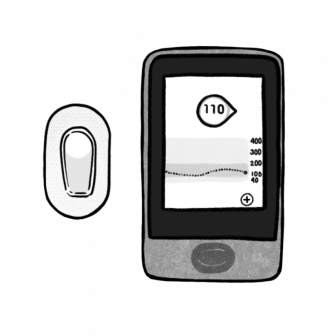
Freestyle Libre 3
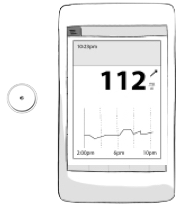
Glucose Testing Supplies
Sensors
Transmitter
Receiver (1 time purchase)
Sensors
Glucose Testing Cost Estimate
Startup $80 to $239
Monthly $35 to $105
These prices vary by Insurance. Many insurers support the G6 Dexcom. It may be covered under durable medical goods or a pharmacy benefit.
Startup $0 to $130
Monthly$0 to $70
Prices will vary based on insurance coverage. If you don't have any coverage this is the cheapest sensor.
Omnipod
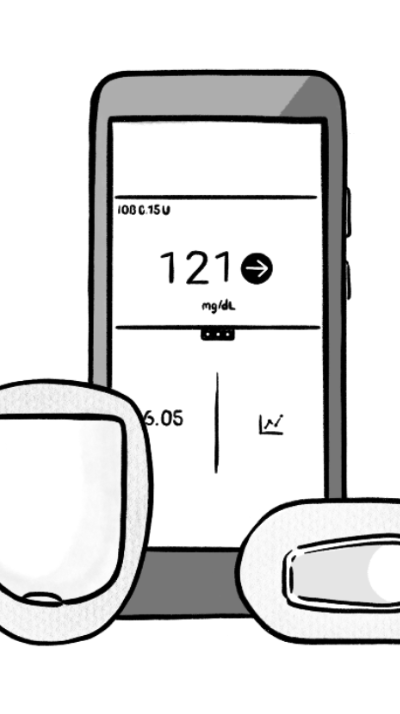
Insulin Pen

Insulin Dosing Supplies
Pods
Reader
Insulin
Pen (thats it!)
Insulin Dosing Cost Estimate
Startup $5 to $1260 Monthly
Omnipod is now covered by Medicare and Medicaid as well as most private insurers.
Monthly $5 to $1260
The total cost depends on the amount of pens you use which is dependent on how much insulin you use.



